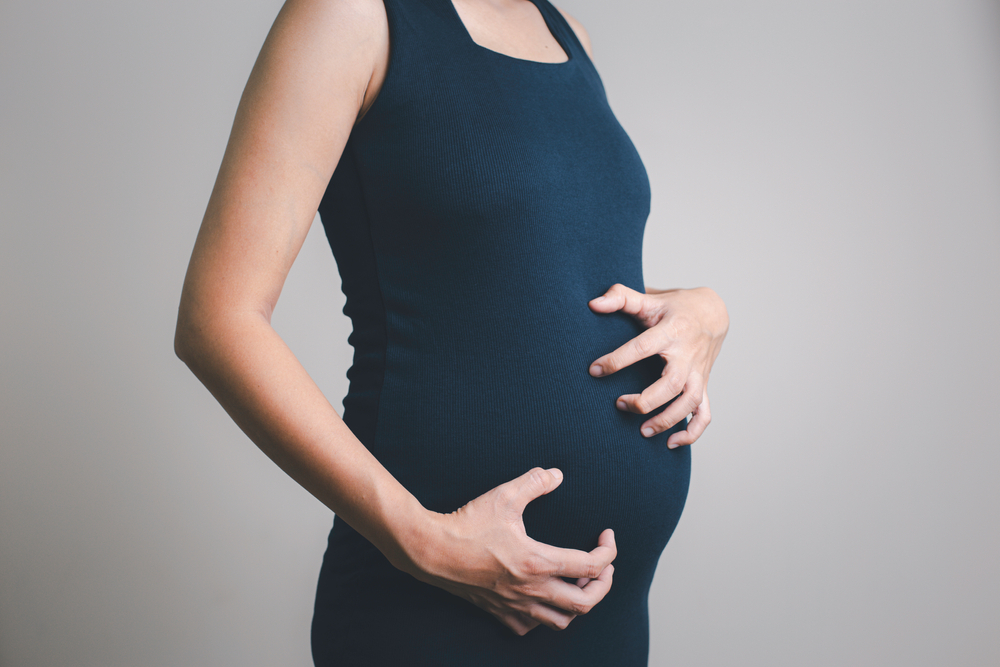During pregnancy, itching may occur due to increased blood flow to the skin. Depending on the progress of pregnancy and the growth of the baby, the abdomen is stretched and this can cause itching. We have compiled the conditions that cause itching during pregnancy and the treatment methods in detail.
One of the most common conditions during pregnancy is itching. Itching can be seen in one of every 5 pregnant women. The general reason is due to the changing hormone level with pregnancy.
What Causes Itching During Pregnancy?
During pregnancy, women may encounter many situations that they have not encountered before. Pregnant women who are preparing to become mothers for the first time cannot help but think about the health of their child in such situations. They wonder if their troubles will harm the child. Itching can be caused by pregnancy itself, so every scratching situation should be emphasized and a specialist should be consulted. During pregnancy, there may be fluctuating degrees of tingling in certain parts of the body or in general.
It is extremely normal to have tingling, especially in the constantly developing middle region and chest areas. As the skin in this area expands, itching occurs and then there may be breaks. Hormonal changes in this nine-month period can likewise increase awareness of the skin and cause itching.
During pregnancy, your sweat glands work more effectively than they do, causing the skin to sweat constantly and stay wet. Thus, the skin folds on the body, in the groin area, under the breasts can cause enlargement, redness, and therefore itching with constant sweating. There may be itching in the vagina area due to genital yeast infection. In addition, itching may occur on the anus side due to digestive parasites. Other causes of itching during pregnancy are as follows;
- Stretching of the skin caused by the weight gained due to pregnancy
- Slowing of bile produced by the liver during pregnancy
- Skin conditions before pregnancy
- Reactions due to allergic causes
- Side effects of some drugs
- Working disorders in thyroid and kidney
- Cracks in the skin
When Does It Start?
Itching can happen anytime during pregnancy. Every woman’s body is different. That’s why the body’s responses to weight gain processes are not the same. Few ladies may experience zero itching. Some women may experience itching during the 23rd week of pregnancy in general. Itching late in the evening during pregnancy is normal. It is very typical for itching to occur in the evening hours when blood flow is regulated. Itching late in the evening is perfectly normal during pregnancy.
Treatments
You should take care that the clothes you will wear during pregnancy are cotton-textured, which will not disturb your sensitive skin. At the same time, you should choose adaptable and comfortable clothes that do not compress your body. In order to feel comfortable during the day, you should stay away from tight clothes. During pregnancy, you should focus on body cleansing.
Showering with warm water is a good technique to relieve itching during pregnancy. During pregnancy, you should focus on personal care to prevent itching caused by the drying of the body. Take care to nourish your skin with reasonable lotions, especially after washing. Itching during pregnancy is very normal if not severe and severe. Itching and redness on the body during pregnancy are not normally a cause for concern. However, assuming the current situation is intolerable, it is vital to consult a specialist doctor.
What Foods Make It Itchy During Pregnancy?
During pregnancy, itching may occur due to allergic reactions due to food. For this reason, you should determine what foods the body will react to and avoid consuming these foods. Foods that can cause itching of the body during pregnancy can be listed as follows;
- Strawberry
- Chocolate
- Honey
- Ketchup
- Mayonnaise
- Cereals
- Cow milk
- Margarine
- Egg
- The fish
- Shellfish
- Shelled Nuts
- Blueberries
In addition, the gluten in cereals and the casein protein in cow’s milk can also cause itching.

